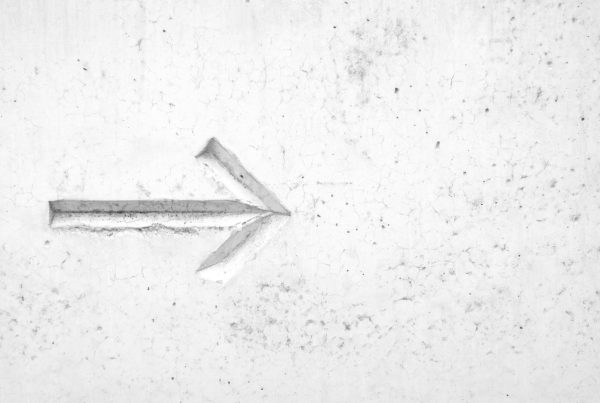This week’s post is one for the beginners out there – anyone who’s just starting out or thinking about getting their hands on an investment property.
This is probably the easiest ever explanation of negative gearing. Granted, it’s not very detailed, but it’s simple to understand!
Tax talk isn’t much fun, is it?
Unless you’re a property investor, you mightn’t be that well acquainted with the ins and outs of negative gearing. But we reckon you should be!
So here’s our quick Dummies’ Guide to Negative Gearing. In plain, easy English.
Negative gearing = Pay less tax!
OK – disclaimer time. There are lots of types of negative gearing, but the one that everyone talks about is this one. Where you pay less tax.
How do I qualify for this awesome tax break, I hear you asking? Well, you have to be losing money on an investment property.
Yes, you have to be losing money. In other words, your rental income has to be less than the repayments you’re making.
Then, abracadabra. You pay less tax.
Huh? How does a loss become a gain?
Losing money doesn’t sound good.
But it’s excellent news for your tax bill, because every dollar you lose is tax deductible. This then becomes thousands of dollars a year in tax savings – or as I like to see it, free money every July.
Here’s a monthly scenario for an investment property your imaginary self has bought.
Loan repayment: $2000
Rental earnings: $1400
Rates, fees, etc.: $100
Total losses: $500
Over a whole year, that’s $6,000 taken off your taxable income.
You’re probably thinking, “Yeah but a dollar off my taxable income isn’t worth as much as a dollar in my bank account”… and you’re right. It isn’t.
So, again, where’s the real benefit? Why do big-wig property investors care so much about negative gearing?
Appreciation does wonders.
The tax breaks are just an entrée.
The really good bit is when your property grows in value over a few years.
Think of it like one of those old coin-pusher machines at a games arcade. You pay a little in the short term, but you know you’re going to get a massive payout down the line.
You take a hit by paying more for your home loan than it’s earning, but this is peanuts compared to the amount the home will eventually be worth.
This is why investors are so in love with it.
Awesome. What can I claim deductions for?
You should be already be claiming deductions on any investment property you own, but if not, here’s a short list of what the taxman will accept:
- Loan interest, stamp duty, legal fees, etc.
- Council rates
- Property management fees
- Body corporate fees
- Insurance fees
- Maintenance, repair and cleaning costs
- Depreciation of fixtures and fittings
So basically, anything that costs you money, related to the property itself or running it.
Sounds too good to be true. What’s the catch?
Smart question.
The truth is, there isn’t really much of a catch – unless your property falls in value. Or if you can’t afford your loan repayments. Or the government decides to put an end to the whole system.
Here’s the short version: If you aren’t claiming everything you can on your investment property, you’re missing out!
Remember to always consult a qualified financial advisor before making any big decisions relating to properties or investment. This is only a quick intro!
And remember to get in touch with the property management team at Hicks Real Estate on 07 3355 6845 if you’re looking to invest in the Everton Park, McDowall or Stafford Heights area – we’ll help you find the perfect property for big gains in the long term!
House prices are on the rise. Find out the value of your property now.
Get a free online property report from Hicks Real Estate. It takes seconds.






